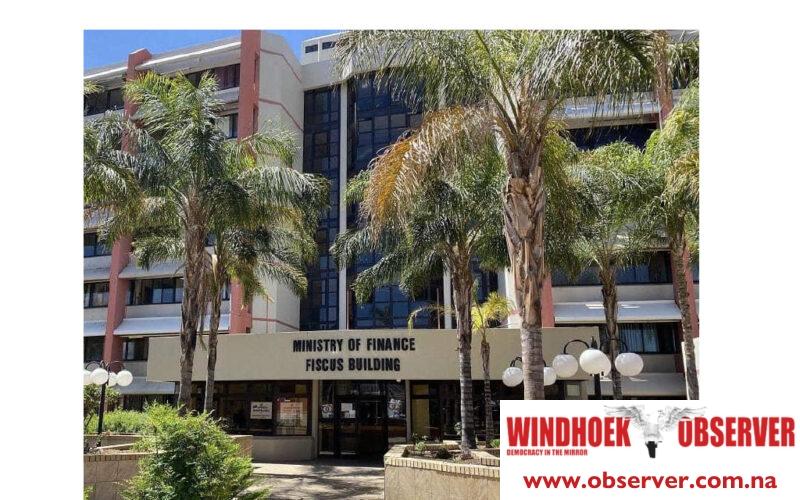Allexer Namundjebo
The Ministry of Finance and Public Enterprises has returned N$21.5 million to the state treasury after underspending its budget for the 2023/2024 financial year.
This is revealed in the latest audit report by Auditor General Junias Kandjeke, who said the funds could have been used for other urgent national needs.
While the ministry received an unqualified audit opinion for the year, Kandjeke raised several concerns.
One was the failure to allocate or disclose revenue of more than N$2.44 billion in the revenue ledger.
“This means that all the revenue received and deposited from the revenue collected, amounting to N$2.44 billion, has not been allocated or disclosed under the respective revenue head,” he said.
The audit also found that four operational subdivisions overspent their approved limits by over N$2.3 million, despite the treasury approving certain virements during the year.
A laptop valued at N$15,595.65 was reported stolen by the ministry’s accounting officer, Titus Ndove.
The officer also recorded miscellaneous revenue of N$43.5 million.
The ministry provided two staff members with a bursary totalling N$42,695 during the year under review.
In the previous year, the ministry received a qualified audit opinion. The ministry received a total budget allocation of N$7.2 billion for 2023/2024.
Local experts and international experts have raised concerns about ministries and public agencies returning unspent funds to the Treasury.
They say the practice often results from poor planning and project delays, which harm service delivery and slow national development.
During a 2023 mid-year budget review, Unicef Namibia’s country representative, Samuel Kweku Ocran, urged ministries not to return unspent funds.
He had warned that the underuse of budgets harms sectors like education, health, and child welfare.
IPPR executive director Graham Hopwood also pointed to structural issues, such as delayed budget approvals and slow procurement processes, which often lead to funds being returned not due to lack of need but due to poor execution.
In 2016, then finance minister Saara Kuugongelwa-Amadhila warned permanent secretaries against this recurring trend.
She noted that even when funds are returned, government loans still need to be repaid, creating inefficiencies.
She had also urged ministries to improve planning and execution to ensure better use of the national budget.




